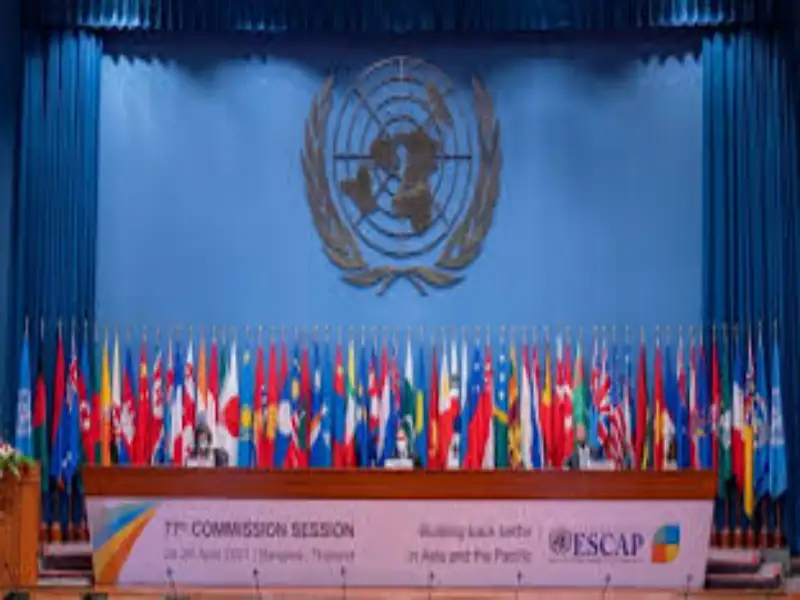- UNESCAP is the United Nations’ regional commission supporting economic and social development across Asia and the Pacific.
- It works with 53 member states to promote cooperation, drive policy change, and support implementation of the Sustainable Development Goals.
Unescap: Supporting regional development
The United Nations Economic and Social Commission for Asia and the Pacific (UNESCAP) serves as the most inclusive intergovernmental platform in the region. It brings together countries to address common challenges, share best practices, and advance sustainable and inclusive development through dialogue, research, and policy coordination.
Also read: Singha Estate: Sustainable innovation in real estate
Also read: NIDA: Shaping leaders for sustainable development
Unescap: Key focus areas
UNESCAP’s work spans multiple sectors, including trade and investment, transport, ICT, climate change, disaster risk reduction, energy, and social development. It provides data, technical assistance, and capacity building to help governments design and implement effective strategies.
Unescap: Driving the 2030 Agenda
Aligned with the UN’s 2030 Agenda, UNESCAP supports member states in achieving the Sustainable Development Goals (SDGs). Through regional platforms and knowledge-sharing tools, the organisation helps track progress and develop solutions tailored to the unique needs of Asia-Pacific countries.

